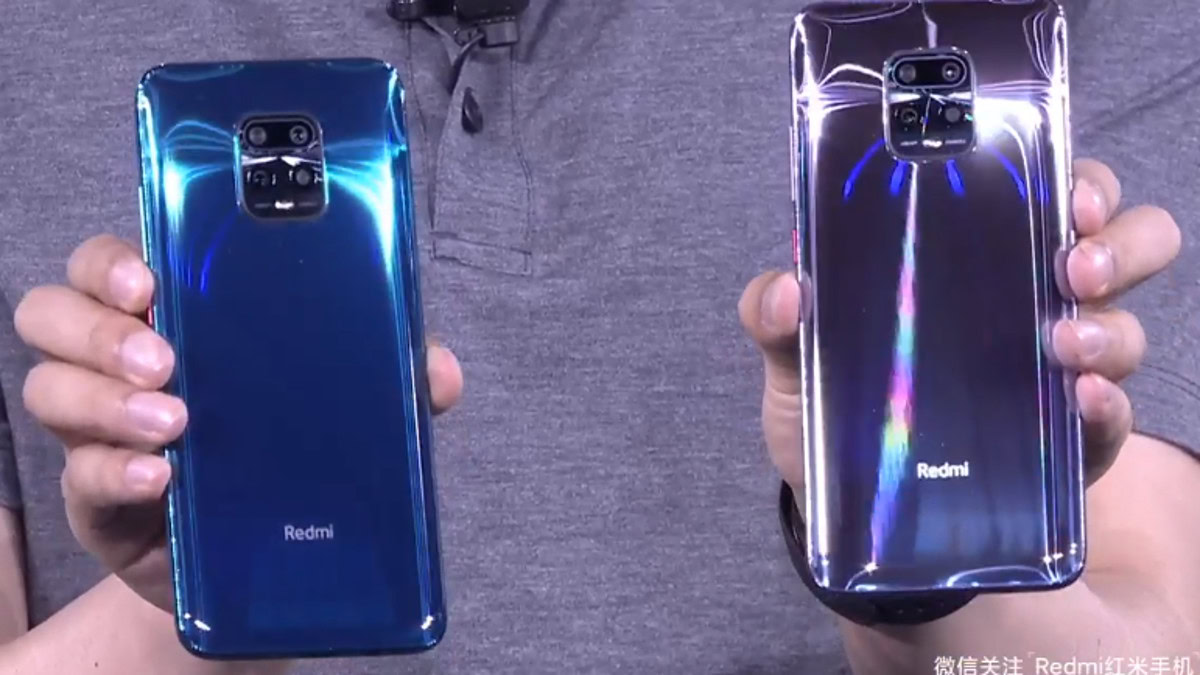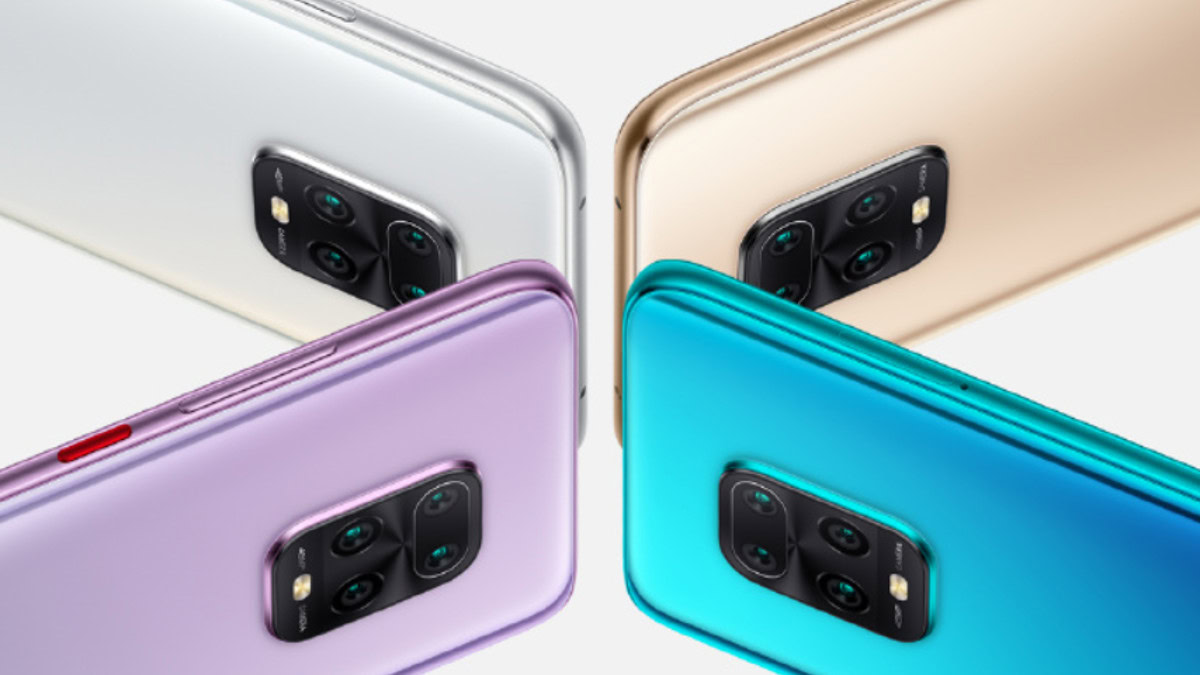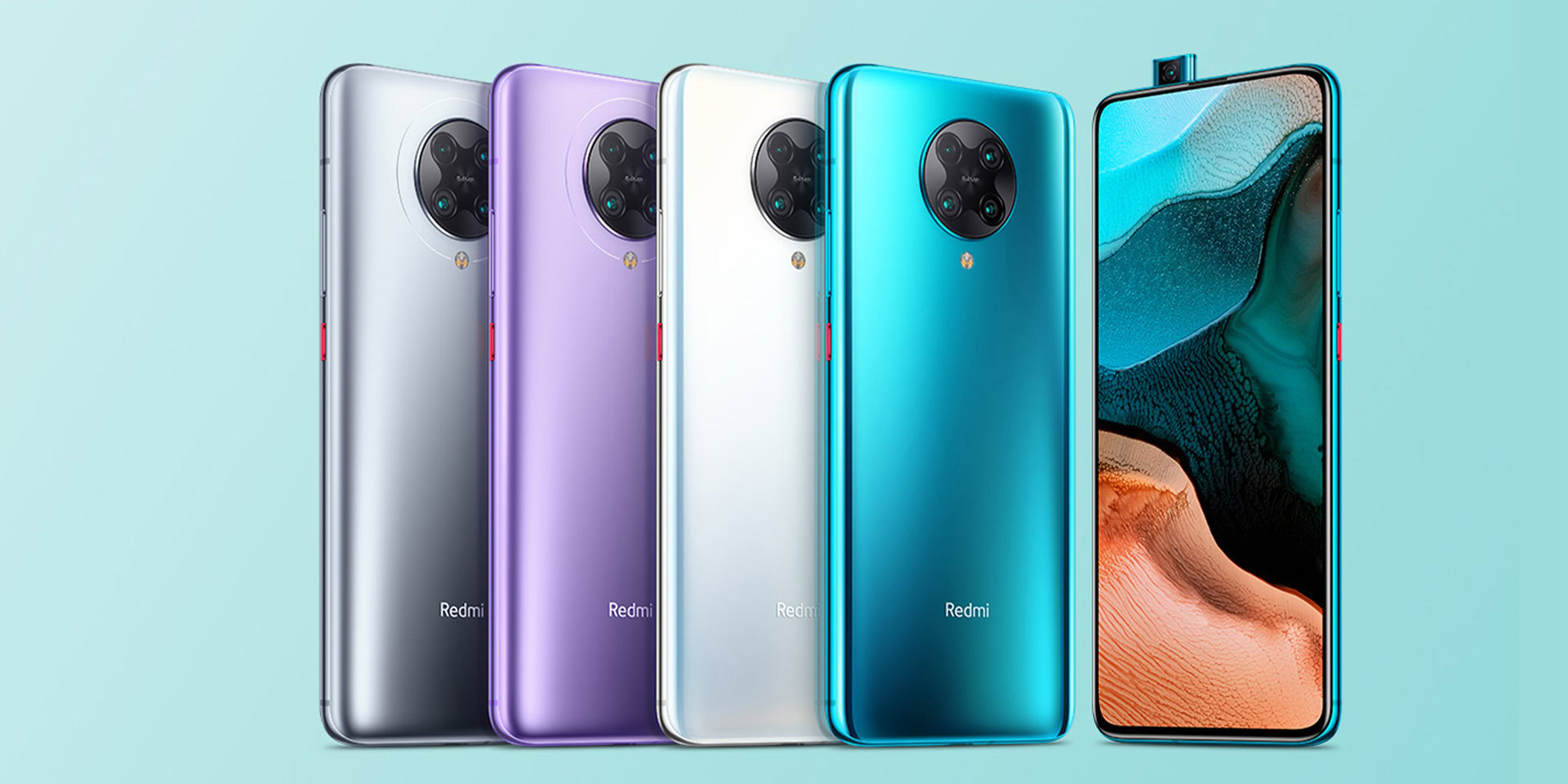Affiliate links on Android Authority may earn us a commission. Learn more.
Redmi 10X series revealed: The cheapest 5G phones around

We’ve heard about the Redmi 10X for a while now, and Xiaomi has confirmed several specs in the run-up to its unveiling. Now, the Redmi 10X series has officially been launched and we’re actually seeing two phones.
The Redmi 10X and Redmi 10X Pro are both powered by the MediaTek Dimensity 820 chipset, bringing upper mid-range power and 5G connectivity to the table. In fact, Xiaomi claims the chip has an Antutu score of 415,672 points, not far behind the Snapdragon 855‘s 445,343 points, according to the firm.
Read: Xiaomi Mi 10 Pro review: Delivering the goods | Xiaomi Mi 10 review: Premium hardware let down by unpolished software
In terms of 5G capabilities, Xiaomi previously confirmed that the Redmi 10X series supports 5G+5G dual SIM technology. This is possible thanks to the MediaTek chipset, with Qualcomm 5G chips not supporting 5G+5G just yet. Unlike Qualcomm 5G chips, the phone tops out at sub-6Ghz 5G as China doesn’t use mmWave 5G right now.
5G connectivity and upper mid-range power requires a big battery, so the Redmi 10X Pro packs a 4,520mAh battery with 33W charging. The latter solution means you’ll get 58% juice in 30 minutes. Meanwhile, the standard Redmi 10X offers a 4,520mAh battery that tops out at 22.5W charging.
What else does Redmi 10X series have?
Xiaomi’s new phones also sport a 6.57-inch 2,400 x 1,080 OLED screen (HDR 10+, 20:9 screen ratio) with an in-display fingerprint sensor. Don’t expect a high refresh rate though, although it’s packing a 180Hz touch response rate.
As for camera technology, the Redmi 10X Pro sports a quad rear camera setup, featuring a 48MP main shooter, 8MP ultra-wide camera, 8MP 3x telephoto camera (with 30x digital zoom, 5x hybrid zoom, and OIS), and a 5MP macro sensor. Selfies are handled by a 20MP camera in a waterdrop notch, which is also capable of 120fps slow-mo clips.
The standard Redmi 10X sports a triple rear camera combination, featuring a 48MP main camera, an 8MP ultra-wide camera, and a 2MP depth sensor. The selfie camera sees a resolution drop from 20MP to 16MP.

In an interesting move, Xiaomi is also bringing automatic watermarks to the phones. This will see the phones adding watermarks depending on what’s in the picture (such as a cat, children, specific locations in China etc). Xiaomi’s existing device watermarks are divisive, but this is nevertheless an interesting way to use them.
Other notable Redmi 10X series features include MIUI 12, IP53 splash resistance (it’s unclear if this applies to both models), USB-C, an IR blaster, and 3.5mm port. The Redmi 10X Pro also sports NFC, which the standard 10X lacks.

The Redmi 10X starts at 1,599 yuan (~$224) for the 6GB/64GB option, 1,799 yuan (~$252) for the 6GB/128GB variant, 2099 yuan (~$294) for the 8GB/128GB model, and 2,399 yuan (~$336) for the 8GB/256GB device.
Want the Pro model? Then you’re looking at 2,299 yuan (~$322) for the 8GB/128GB base model, and 2,599 yuan (~$364) for the 8GB/256GB variant.
These weren’t the only Redmi 10X phones announced at the event, as Xiaomi also revealed the Redmi 10X 4G. The new device seems to be a rebranded Redmi Note 9, sharing the same Helio G85 chipset and 5,020mAh battery. Expect to pay 999 yuan (~$140) for the 4GB/128GB Redmi 10X 4G and 1,199 yuan (~$168) for the 6GB/128GB model.